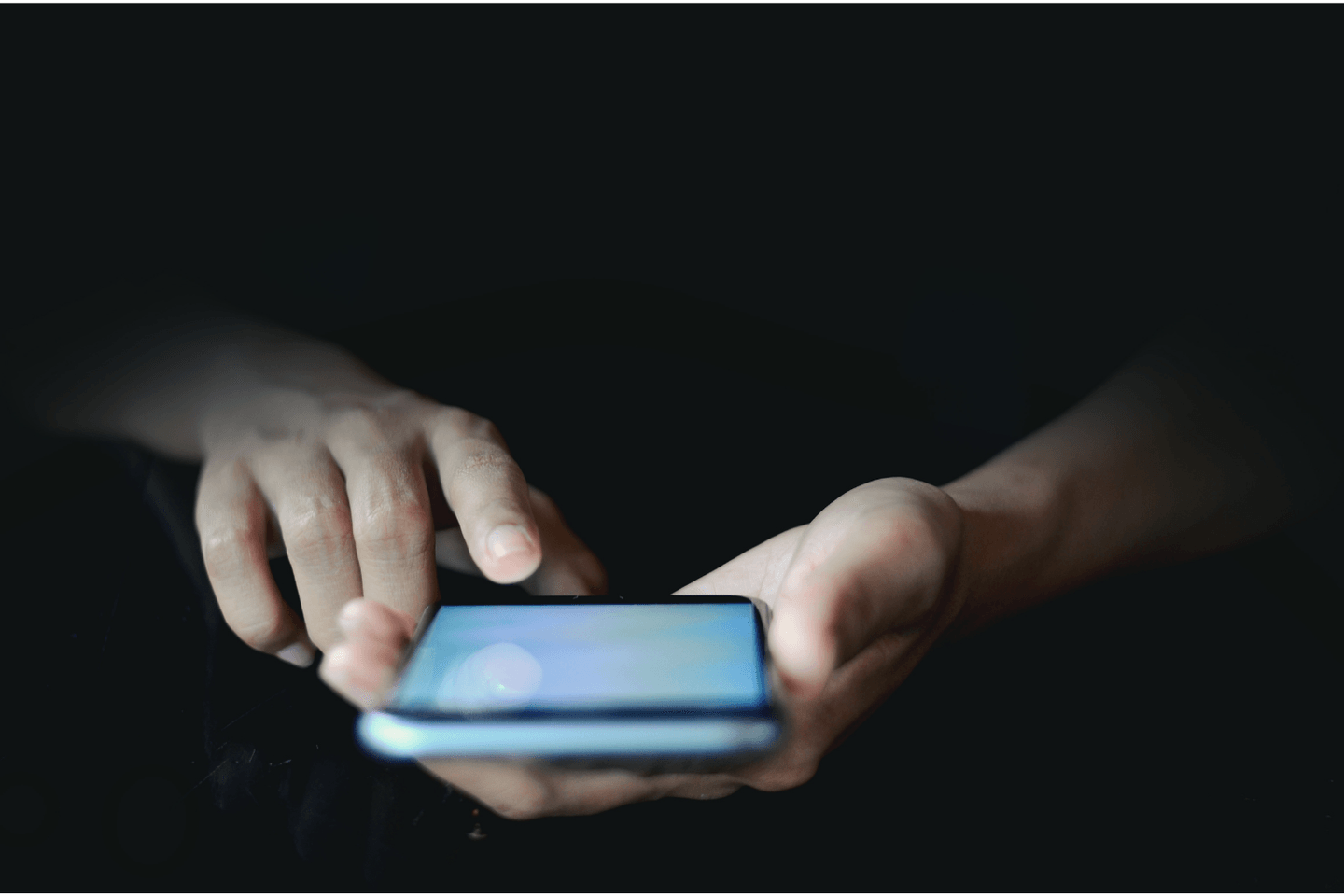Sign up with ClearScore Protect for free
Find out whether your passwords have been leaked online.
5 ways your social media can leave you open to identity fraud
Did you know that your social media profile can easily become a hotbed for criminals on the hunt for your personal information? We find out how you can protect yourself.

Sign up with ClearScore Protect for free
Find out whether your passwords have been leaked online.
Nearly 40 million South Africans were using social media in 2021. We share so much of our lives online, which also makes our online platforms the perfect target for criminals who want to exploit your personal information.
From accepting friend requests from seemingly harmless strangers to sharing far-flung holiday photos, find out what’s putting you at risk, and learn how to protect yourself.
Some skilful fraudsters use social media to make their scams appear more personal and real. Criminals aren’t stupid; the more they know about you, the easier it is to impersonate you. And they can learn a lot about you from your online profiles, such as your friends and families’ names, where you live, and what you do on the weekends.
With this information at hand, they can connect with you online, masquerading as a friend or romantic interest. They do this in the hope that you’ll grow to trust them and, in turn, offer up more personal information which they can use against you.
Both Instagram and Facebook are breeding grounds for dating scams and, if you’re not wary, you may become another cautionary tale of the Tinder Swindler.
They may even try to sell you fake shopping deals or dodgy investment opportunities. The bottom line is, you should never accept online connection requests from people you don’t know or trust.
Fraudsters can use the information you post online to piece together your identity and apply for credit or buy things in your name. For example, they may try to locate your maiden name, date of birth, or pet’s name and – since all of these are commonly used for passwords – they can try using it to log in to your accounts.
You also put yourself at risk of identity theft when you post updates of your day-to-day life on social media. If you post a photo of yourself on holiday, it won’t take a criminal long to work out that your house is empty and ready to be burgled.
Besides stealing the expensive items in your home, such as your jewellery and electronics, criminals may also steal documents containing your personal and banking information (such as utility bills) during the break-in. By using the seemingly innocent information lying around your home, it wouldn’t take long for someone to commit identity fraud in your name.
While sharing photos and updates can be a great way to keep in touch with loved ones, try to limit how much information is publicly available on your social media sites.
If you haven’t checked your privacy settings recently, it’s worth doing so now (it only takes a few minutes). We suggest that you keep your settings as private as possible. For example, only allow people you’re connected with to view your profile photo, date of birth, and the city you live in.
You can also control who’s able to send you friend requests, view your posts, and see your connections. If your privacy settings aren’t secure, you’re leaving yourself vulnerable to fraudsters being able to dig into your personal life without you knowing about it.
Make sure that you’re cautious when you allow third-party apps access to your social media accounts. For example, when you play an online game or rent a holiday home, the company might ask for your permission to access or link with your social media profile.
Before you consent, make sure that the request is coming from a reputable company. Even then, it’s sensible to enter as little personal information as possible. By doing this, you’re minimising how much of your personal data could be impacted if the app was to fall victim to a security breach.
Similarly, be careful when registering with a company online. For example, in 2018 a company called ViewFines, which allowed South Africans to access their traffic fines online, was breached. This resulted in over 1 million registered users’ passwords, email addresses, and phone numbers being stolen and used for nefarious purposes.
It’s possible that your personal information has been leaked online. Sign up with ClearScore Protect and find out whether your data has been compromised.
Avoid using the same password for your social media accounts as you do for other accounts – especially when it comes to your email account. Once someone has access to this, they have the potential to unlock hundreds of your other accounts and change the passwords on your behalf, so that they are the only ones who have access to it.
It’s best to change your passwords regularly and make sure they’re as long and complex as possible. If you need some inspiration, read our article that outlines password generators you can use, as well as some tips for creating strong, unique passwords.
Where possible, try to set up two-factor authentication (2FA). This is usually available for sites containing your personal or sensitive information, such as mobile banking apps, social media platforms, and ClearScore. With 2FA, you’ll be asked to enter a code sent to your mobile phone as well as your password when you try to log in, which adds an extra layer of security to your account.
Set up 2FA on your ClearScore account now - It's quick, free, and simple to do. If you think you've fallen victim to identity theft or fraud, get help as soon as possible to prevent any further damage.
Frankie takes the often confusing world of finance and makes it clear and simple, to help you get your money sorted.
